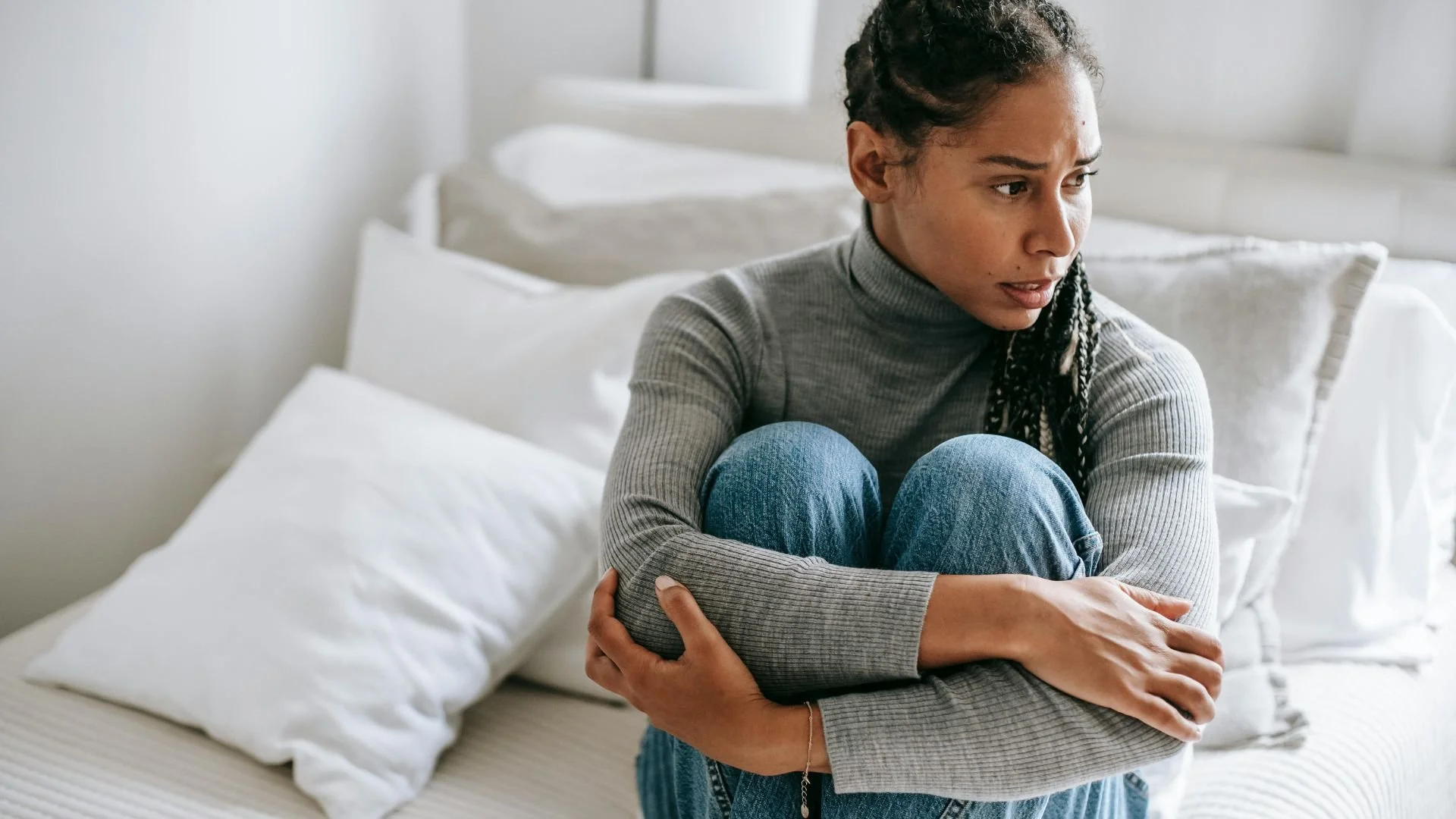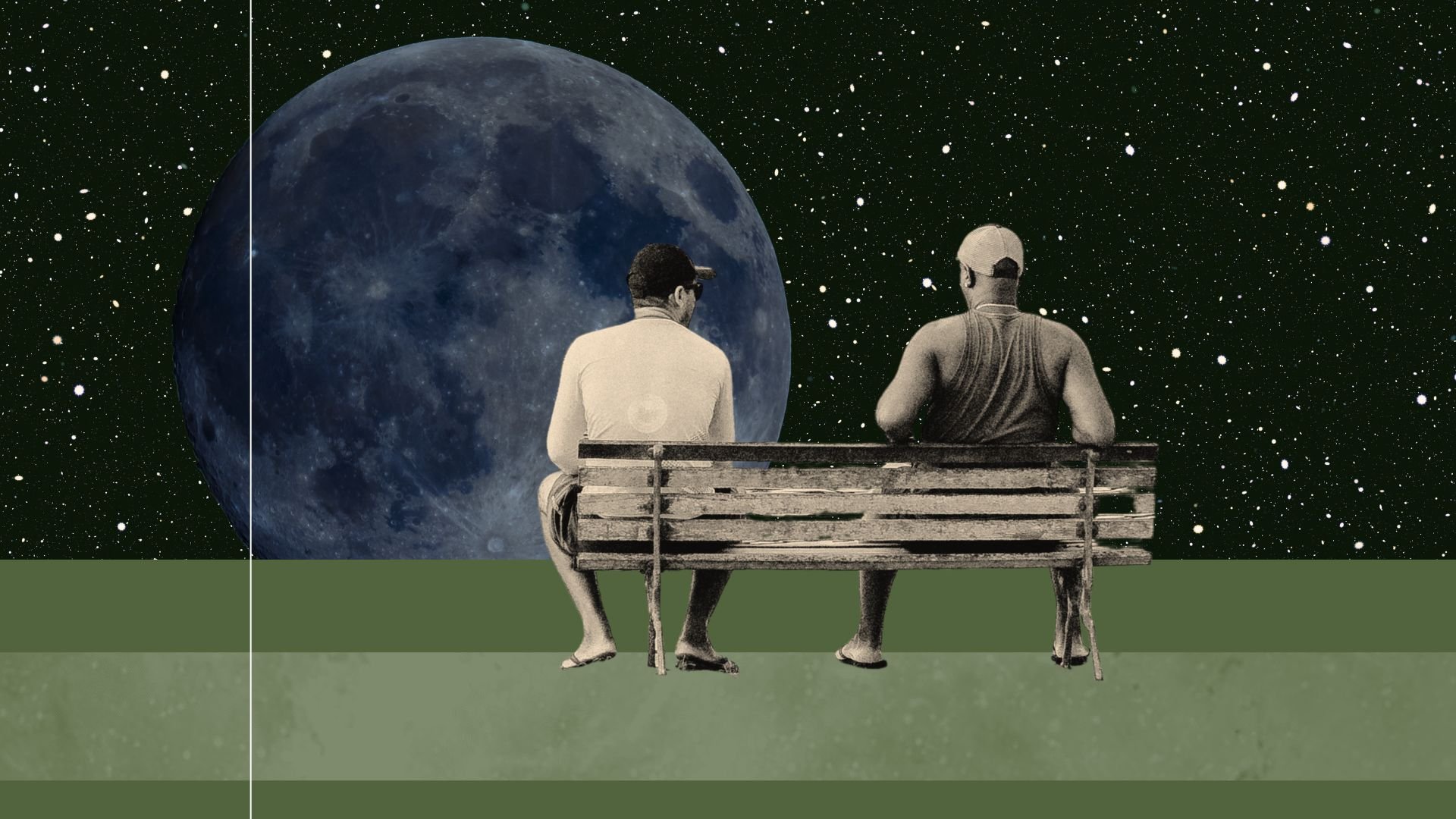Mental Health Notebook


Academic Anxiety: What’s Really Going On Beneath the Stress
If you’re seeing anxiety creep into your child’s schoolwork, you’re not alone. Many students experience academic anxiety, and it often shows up long before grades drop or test performance suffers. Large-scale studies on student mental health consistently show a strong relationship between anxiety and academic performance, especially in performance situations like tests, presentations, or speaking in front of peers.






How to Help Someone with Anxiety Without Pushing Them Away
Caring for someone with anxiety can feel overwhelming. You want to help, but sometimes your well-meaning efforts can make their anxiety worse. The good news is that anxiety is a treatable condition, and your support truly can make a difference.

Coping Skills for Anxiety That Actually Work (Even on the Tough Days)
Let’s be honest, anxiety often shows up uninvited and overstays its welcome. When anxiety feels overwhelming, especially on those tough days, the usual advice to “just relax” can fall flat. But the truth is, there are effective coping skills that can help you manage your anxiety symptoms, even when your mind is racing and your body is tense.

Anger and Grief: It’s Ok to Be Mad
When grieving, it can be easy to feel guilty to have negative emotions, like anger. But, you need to remember that your anger is a valid emotion. Even in response to something as tragic as the death of a loved one, your anger is still a natural and normal reaction.

How to Help Someone Who Is Grieving
If you’re like most people, you probably don’t know what to say or do when a friend or family member’s loved one dies. You care and want to show you care. Yet, it can be difficult to know the best ways to support someone who is grieving. You may feel lost, helpless, and unsure of what to do. Maybe you’re afraid to even reach out at all. Your heart is in the right place.

The Different Types of Anxiety and How They Show Up in Real Life
If you’ve ever felt your heart race before a tough conversation or found yourself avoiding social situations because it all just feels like too much, you’re not alone. Anxiety is a natural part of being human. But for many people, it becomes more than occasional nervousness—it becomes a persistent mental health condition that affects how we think, feel, and show up in our daily lives.

What No One Tells You About How to Deal with Grief
Here’s the thing about grief—it doesn’t follow rules. It doesn’t check in to see if you’re ready, or if now’s a “good time.” And once it hits, it can feel isolating, overwhelming, and relentless. Whether you’re grieving the loss of a loved one or experiencing prolonged grief, know this: there’s no right or wrong way to mourn.

Grief That Won’t Go Away: What to Know About Prolonged Grief Disorder
Grief is a deeply human experience. When we lose a loved one, the emotional pain can be overwhelming, confusing, and at times, paralyzing. Most people expect grief to gradually ease—but sometimes, it doesn’t. If your grief feels like it just won’t let up, you might be experiencing what’s known as prolonged grief disorder (PGD), previously referred to as complicated grief.

Preparing for a Loss: How to Cope with the Emotions of Anticipatory Grief
There’s a particular kind of grief that shows up before the actual loss—a quiet, often confusing ache that many people feel when a loved one’s life is nearing its end. Maybe you’re watching a family member go through palliative care, or you're a caregiver for someone with Alzheimer’s, heart failure, or another life-limiting illness. The loss hasn’t happened yet, but your heart is already grieving.

What Is Disenfranchised Grief? And Why It Deserves to Be Seen
You can feel intense grief even if no one around you seems to understand it. Maybe you’re mourning the loss of a pet, a breakup, a stillbirth, or even the slow unraveling of a relationship where they’re still alive. And yet—others may dismiss your pain because it doesn’t fit the mold of what we typically think of as grief.

Coping Mechanisms in Grief: Small Steps That Make a Big Difference
Losing someone you love is one of the most painful experiences in life. The emotional pain can feel overwhelming, and the grieving process may bring waves of sadness, confusion, and even guilt. It’s natural to feel like no one else can truly understand your grief, but you’re not alone.

5 Places to Relax and Cope with Anxiety in the Cincinnati Area
When you’re feeling anxious, it can be hard to know how to cope. You might feel like you need to avoid people and places altogether. But sometimes, finding a place to relax can help you feel better and ease your anxiety. Explore five of the best places to relax and cope with anxiety in Cincinnati.

Benefits of Online Therapy in Cincinnati, OH
Is your anxiety keeping you from seeing a therapist in person? Online anxiety treatment may be the answer you’re looking for. Learn more about the convenience and transformative benefits of online therapy for those struggling with anxiety.

Everything You Need to Know About Starting ACT Therapy
Is your anxiety keeping you from seeing a therapist in person? Online anxiety treatment may be the answer you’re looking for. Learn more about the convenience and transformative benefits of online therapy for those struggling with anxiety.
